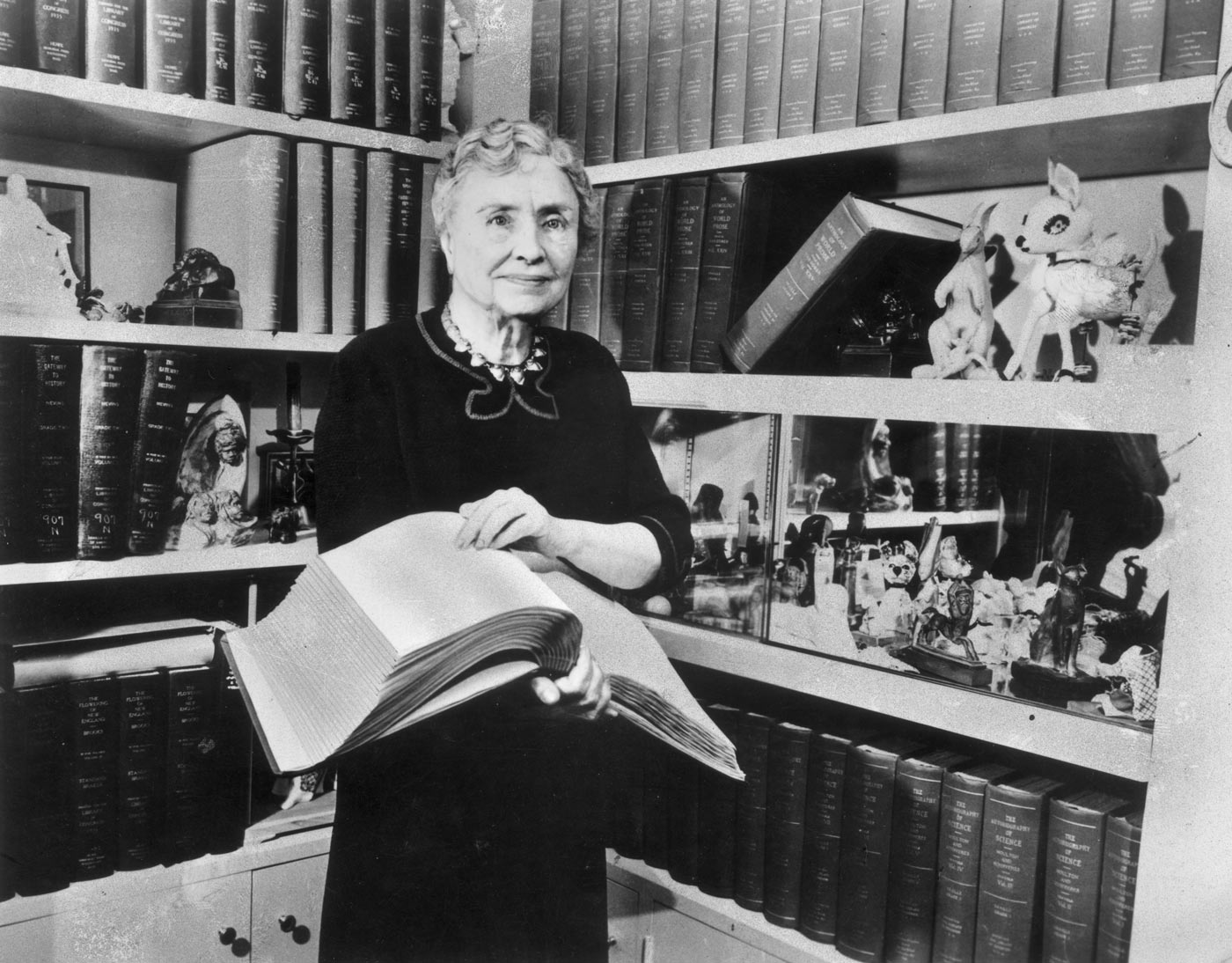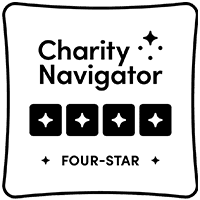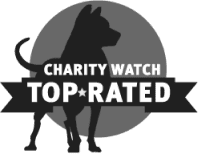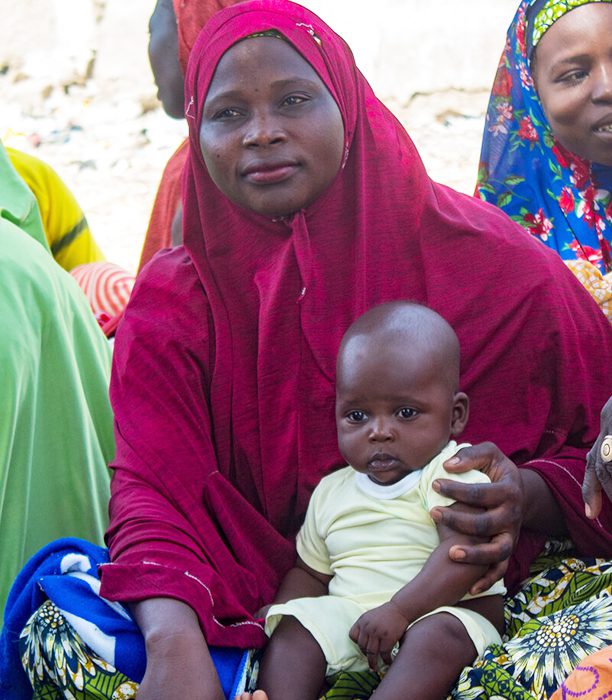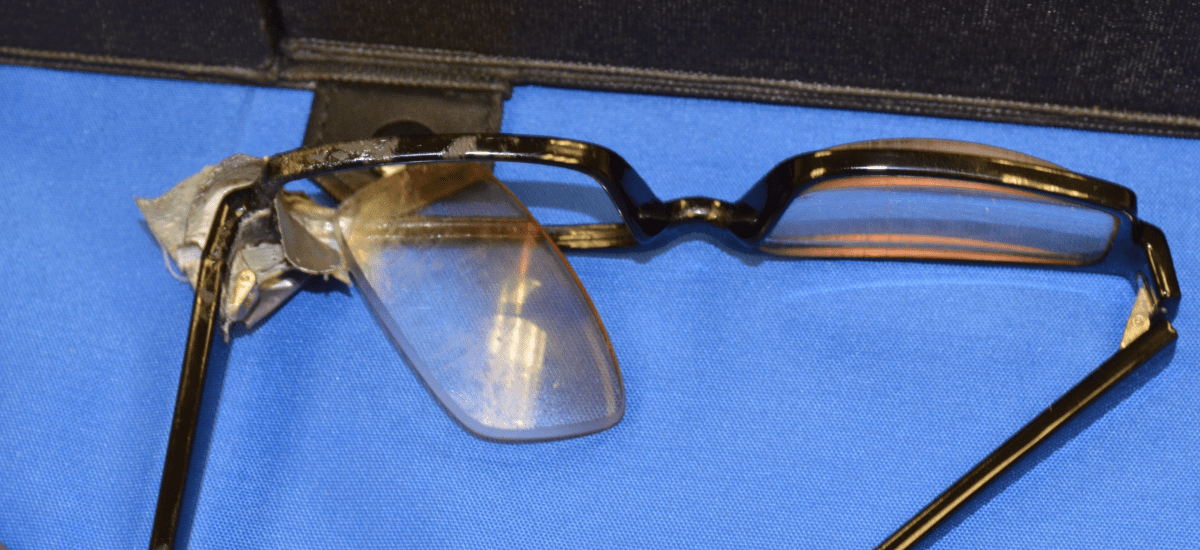
Helping Homeless Youth Begin Again with Clear Vision
For more than 20 years, Helen Keller International’s US Vision Program has provided in-school vision screenings and free prescription glasses to children in some of the poorest communities in the United States. In 2015, with support of The New York Community Trust, we introduced a new version of the US Vision Program model designed to reach homeless youth in New York City.
Runaway homeless youth face numerous barriers to accessing health services and face higher rates of chronic health problems than their peers.
Our new US Vision Program program is providing free onsite vision screenings and prescription eyeglasses for young people in need at Covenant House in Times Square and the Ali Forney Center in Harlem.
On a recent visit to Ali Forney, which provides homeless LGBTQ youth with housing and supportive services, we met Sarah*, a friendly 21 year old who had been living on the streets and getting by with a badly damaged pair of eyeglasses.
Sarah was in the process of trying to move back to her parents home several states away, but without insurance, a valid ID or enough money for day-to-day living expenses, a pair of new glasses were far out of reach. That morning, the Ali Forney staff suggested Sarah come to our US Vision Program screening taking place just down the hall from where they were serving breakfast.
When she arrived in the small resource room where the screenings were taking place, Sarah was surprised and encouraged when greeted by the helpful US Vision Program team ready to help.
“And this is free?” she asked, scanning the equipment and wide variety of frames on display.
Once assured there would be no cost to her or insurance needed, she signed in enthusiastically. When she removed her glasses to read the eye chart across the room, one of the lenses fell out of the frame. She admitted that she had her glasses for “a while” and had used glue to try and keep the lens in place, but the residue had clouded the thick glass, only making them harder to wear. As for the eye chart, she could not read below the second line.
She then sat down with Dr. On Lam, one of Helen Keller’s consulting optometrists who conducts thousands of vision screenings each year for our US Vision Program. After examining both her eyes and the prescription on her current pair of glasses, he confirmed Sarah’s need for the thick lenses. She was living with an extreme astigmatism, leaving her with very poor vision in her left eye.
Ensuring Sarah got a new pair of glasses became especially urgent for the US Vision team. Beyond helping her see clearly for everyday tasks, the severity of her low vision put her at an even greater risk of danger as someone living on the streets.
“Most of the kids we see for the homeless youth program have really bad vision,” Dr. Lam explained. Many have been wearing outdated prescriptions or doing without glasses for much too long, causing their vision to worsen. “Most of these issues are easily corrected with properly prescribed glasses, but having access to that care is the first step.”
Early data from this US Vision Program pilot indicates a much higher need among homeless youth for these services. Typically one in four children in the U.S. will be prescribed prescription glasses for common issues like nearsightedness, farsightedness or astigmatism. In the schools our program targets in high poverty areas that number increases to about two in five, or about 40%.
Of the 28 youths Dr. Lam screened at Ali Forney that morning, our US Vision Program would be returning the following week with new prescription glasses for 22 of them – nearly 80%.
After picking out her new frames, with some fashion advice from US Vision Program US Director, Meghan Lynch – “Those are funky and I support that!” – Sarah gave everyone on the ChildSight team a big hug.
“You guys are the best!” she said. “I’m so happy you were here today. This is awesome!”
Some names and identifying details have been changed to protect the privacy of individuals.
